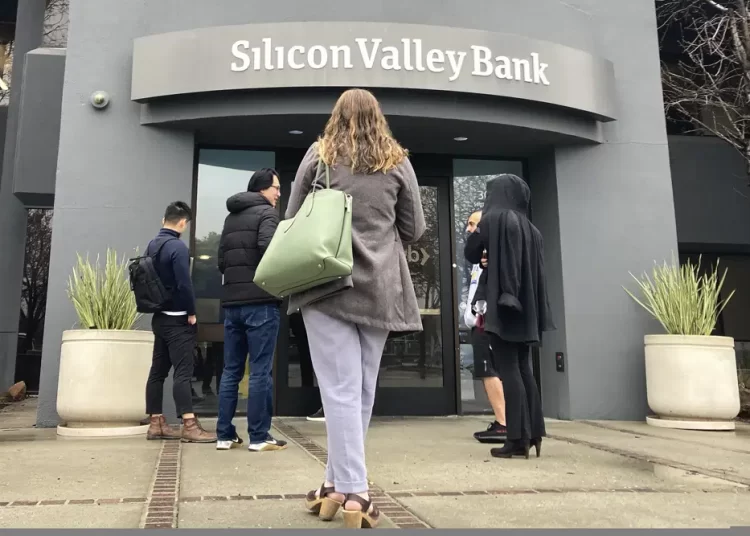NEW YORK — The recent failures of a trio of midsize banks has once again raised questions about whether senior executives in the US are being rewarded more for short-term gains — like rising stock prices — than for ensuring their companies’ long-term health, according to AP.
Executives at Silicon Valley Bank, Signature Bank and First Republic Bank were paid millions of dollars over their tenures up until their banks failed, the bulk of the compensation coming in the form company stock. That stock is now largely worthless but the CEOs still pocketed millions from the planned sales of their shares before the banks’ collapse.
The heads of the two of the three failed banks will appear on Tuesday in front of the Senate Banking Committee to respond to questions about why their banks went under and what regulators could have done to avoid the calamities. Executive compensation is almost certainly to come up as well, most likely raised by senators including Elizabeth Warren, D-Mass., who wrote letters to First Republic Bank about its compensation practices after the bank failed.
Silicon Valley Bank’s former CEO Greg Becker received compensation valued at roughly $9.9 million in 2022, and also sold stock in the company only a few weeks before it failed. Joseph DePaolo, CEO of Signature Bank, also sold stock in the company in the years leading up to its collapse.
DePaolo will not appear in front of the Senate on Tuesday, instead Signature’s co-founder and the bank’s president have agreed to testify.
The anger over CEO pay echoes that of roughly 15 years ago, when the 2008 financial crisis led to taxpayer-funded bailouts of major banks. The CEOs and high-level bankers still received millions in pay and bonuses, most notably at nearly failed insurance conglomerate American International Group.
“The recent bank failures prove yet again that banker compensation is at the core of causing banks to take too much risk, act irresponsibly if not recklessly, and blow themselves up,” said Dennis Kelleher, co-founder of Better Markets, which was founded after the Great Recession focused on financial industry reform.
Clawing back CEO pay has gained bipartisan attention despite the fierce divisions between the two political parties.
Four senators — two Democrats and two Republicans — have introduced legislation that would give the Federal Deposit Insurance Corporation authority to claw back any pay made to executives in the five years leading up to a bank’s failure.






Discussion about this post